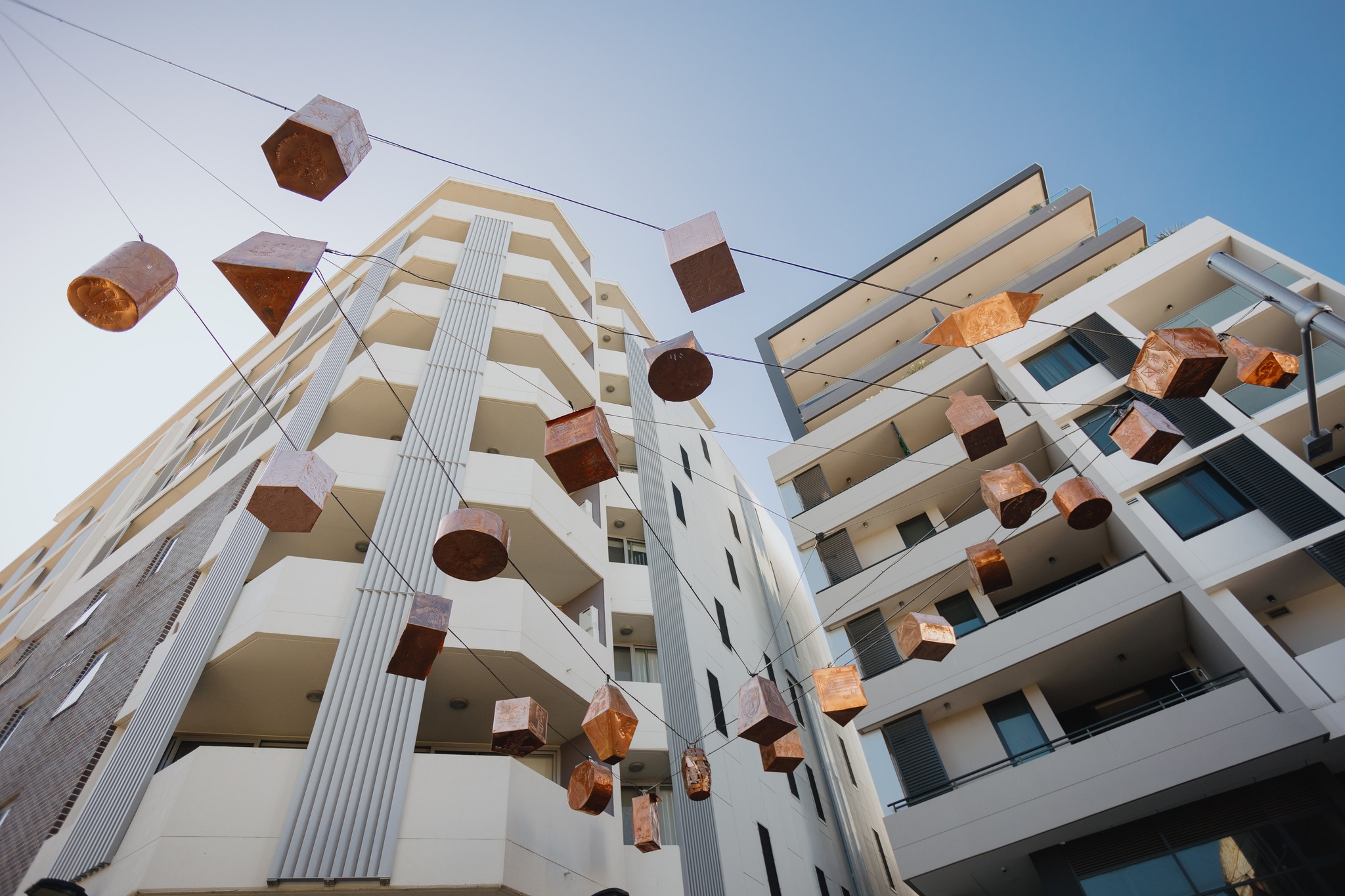
Taking the ‘public’ out of Public Services

BY JASON IDE
A fortnight ago seemingly from nowhere, NSW Transport Minister Andrew Constance fired the latest shot in an ongoing ideological war.
Citing ‘poor performance’, he announced the privatisation of bus routes in Sydney’s bus region six, covering suburbs from Kensington in the city’s south-east to Strathfield and Olympic Park in the west. (Never mind that these are the most congested streets in Sydney, and a monument to transport planning failure over many years.)
Cue howls of protest from bus drivers and their union, who claimed this was a betrayal of earlier guarantees made to them. Drivers defied orders from the Industrial Relations Commission and went on strike that Thursday, making their displeasure plain to all.
But anyone who was surprised by this alleged betrayal clearly hasn’t been paying attention in NSW, or even Australia.
Our various Liberal governments have been selling off and deregulating public assets at bargain basement prices well before now. And, with the current political climate tending towards punch-drunk apathy, this trend shows no sign of slowing down.
Electricity distribution. The NSW Land Titles registry. The Bankstown train line. Sydney Ferries. Buses in the north, south and west. The giant, corrupt monstrosity of Westconnex. The gas market. Tertiary education. The list grows by the day, and often completely by stealth.
The Liberal party, and their think-tank shock troopers like the Institute of Public Affairs, have a blind ideological obsession with getting as many services and assets as possible out of the hands of government, and into those of private enterprise.
The neoliberal rationale goes that private enterprise is more efficient because it is driven by exposure to competition, and is more flexible and less bureaucratic than government.
Like most ideologies, it sounds great in theory, but in practice falls a long way short.
Governments are, by definition, monopolistic. They provide services such as transport, power, and education, to us -the taxpayers. These services should not run for profit, they must run because they are essential.
By placing them in the hands of private operators, public services no longer exist to serve the public, but to enrich their owners and shareholders. The neoliberals argue that these two goals are not necessarily opposed, but at this point in history we have a mountain of evidence to the contrary.
When a private company wants to increase efficiency, it sheds jobs. It reduces services. It raises prices and pares back on anything that doesn’t turn a profit.
That’s why in the year after the Manly ferry route was privatised we saw a 39% rise in prices and a 25% cut in services.
In Melbourne, where the rail system was privatised in 1999, trains are cancelled at a rate of hundreds per week in order to adhere to the operator’s ‘on time’ requirements.
These are not consumer goods, not a choice between Apple or Samsung. There should be no competition to a public service.
If you think that the Land Titles registry charges too much, well tough, because it’s the registry for all real estate in NSW. Think your electricity price is too high? Try changing your infrastructure provider. There’s only one set of poles & wires, and they are no longer working for us.
So how does the Liberal party get away with this privatisation obsession, when the public and the facts support keeping essential services in government hands?
Simple. The government gets to set the budgets. Underfund a public service such as TAFE, the NSW Trustee and Guardian, or Centrelink, and watch the complaints pile up. Set the IPA on them as attack dog, whip up some beat-up articles in the tabloids, and voilà – we have the appearance of inefficiency, and an excuse for selling off the system.
It’s a classic bait and switch. It’s happening more and more. And we, the citizens, are going to be the ones who ultimately suffer.









